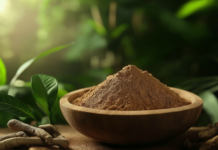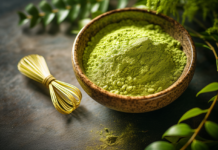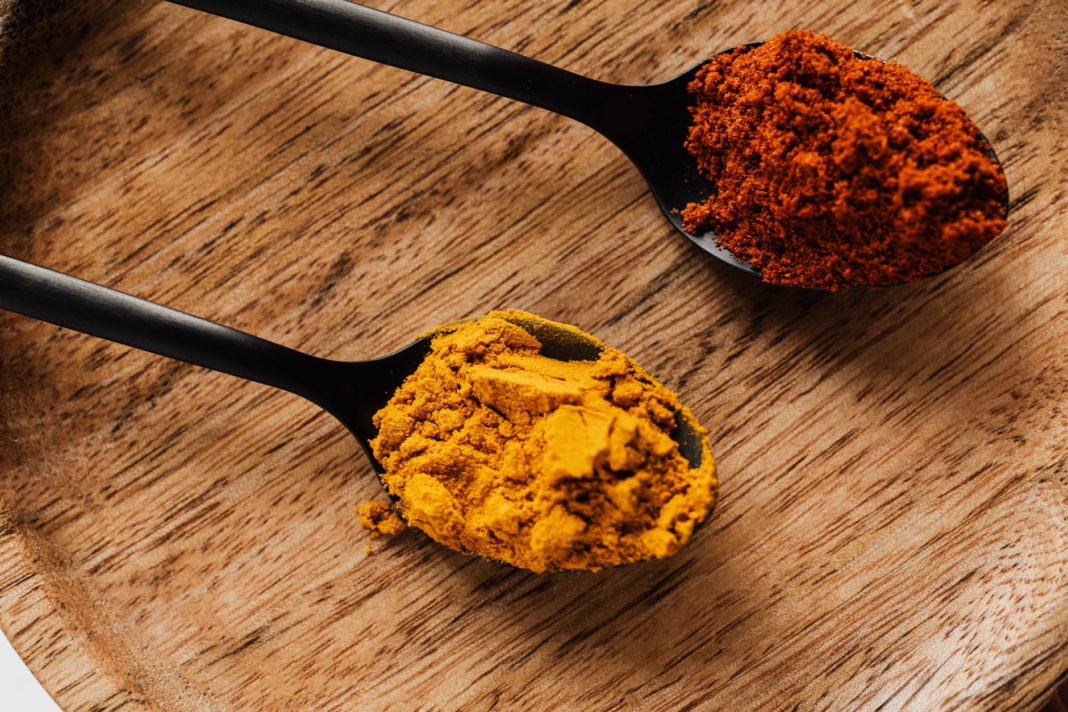Turmeric compounds such as curcumin, ar-turmerone, α- and β turmerones, and curlone can help lower the risks associated with stroke and brain.
- Preventing lesions and other damage in cerebral arteries.
- Restoring cell energy production.
- Maintaining levels of protective antioxidant enzymes in the brain.
- Protecting against brain damage caused by free radicals and inflammation.
- Preventing stroke-induced damage to blood-brain barrier.
Research also indicates that curcumin could help reduce the symptoms and loss of function associated with nerve damage.
People with Alzheimer’s disease tend to have more inflammation in the brain, and curcumin is perhaps most known for its potential anti-inflammatory properties.
But, let us remember that there is no singular magic bullet that can be held responsible for reproducing the whole plants healing power. The whole plant is going to carry a wider range of therapeutic compounds than just curcumin alone.
Aromatic-turmerone is a compound found within turmeric, and it’s this compound researchers from the Institute of Neuroscience and Medicine in Julich, Germany, injected directly into the neutral stem cells located in a rat’s brain. They scanned the rat’s brain afterward, noticing certain parts of the brain were more active after the infusion. And when it was all said and done, these infusions increased the brain’s self-repair and recovery by 80 percent.
Your brain is built from fat. And omega-3 fats are the most important building blocks for a healthy brain and cells. Yet, in the last 150 years, we have seen an unprecedented change in our fat intake. Refined omega-6 inflammatory oils, including corn, soy and safflower oils, have replaced omega-3 fats from fish, wild game and wild plants. Specifically, the ratio of omega-6 to omega-3 fats in our diets has increased from 1-to-1 to 10-to-1 or 20-to-1, and the effects have been disastrous.
Food That Reverse Damaged Naturally
1.Cold-water fish, such as wild salmon, sardines, herring, small halibut and sable (black cod)
2.Omega-3 eggs, a rich source of choline (a type of phospholipid) for your brain
3.Extra-virgin olive oil
4.Unrefined or expeller-pressed sesame oil (for high-temperature cooking)
5.Flax, hemp and nuts such as walnuts, pecans, almonds and macadamia nuts
6.Beans or legumes, including whole, traditional soy products such as edamame, tofu and tempeh
7.Nuts (almonds, walnuts, macadamia nuts, pecans)
Seeds (pumpkin, sunflower, flax, chia)
8.Organic, grass-fed, and hormone-, antibiotic- and pesticide-free poultry
9.Small amounts of lean, organic, grass-fed, and hormone- and antibiotic-free lamb or beef (or try bison, venison or ostrich, which are leaner)




























